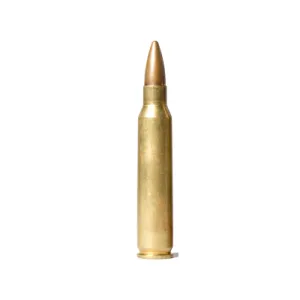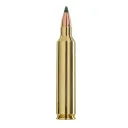Head to Head Comparison


0 Reviews
0 Reviews

0 Reviews
0 Reviews


0 Reviews
0 Reviews

0 Reviews
0 Reviews
MSRP:
$0.00Used Price:
$0.00New Price:
$0.00MSRP:
$0.00Used Price:
$0.00New Price:
$0.00Height
1.76
0.00
Average FPS
3148
Average Grain
57
Average Energy
1254
Recoil
0.80
0.00


.204 Ruger vs .223 Remington (5.56x45mm NATO)


.218 Bee vs .223 Remington (5.56x45mm NATO)


.22 Hornet vs .223 Remington (5.56x45mm NATO)


.22-250 Remington vs .223 Remington (5.56x45mm NATO)


.220 Swift vs .223 Remington (5.56x45mm NATO)


.221 Remington Fireball vs .223 Remington (5.56x45mm NATO)


.222 Remington vs .223 Remington (5.56x45mm NATO)


.222 Remington Magnum vs .223 Remington (5.56x45mm NATO)


.223 Remington (5.56x45mm NATO) vs .224 Weatherby Magnum